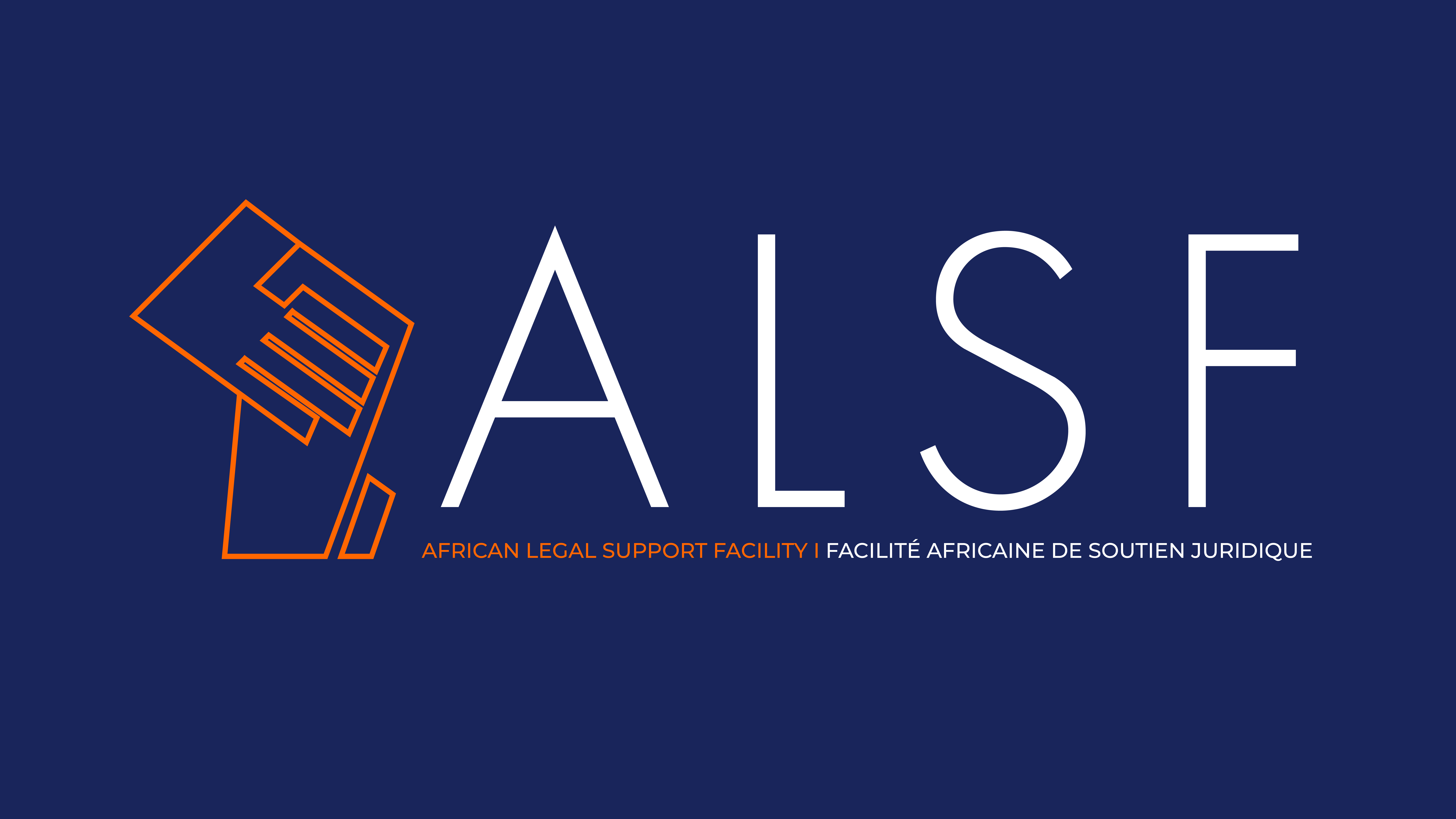


The Extractives and Natural Resources roundtable centred on the theme: “Sustainable Resource Management for Africa’s Development”. The panel comprised: Mr. Stephen Karangizi (at the time the outgoing Director and CEO of the ALSF), Mr. Fred Kabanda (Manager at African Natural Resources Centre, AfDB), Mr. Jerreh Barrow (Commissioner for Petroleum at the Ministry of Petroleum and Energy in The Gambia), Mr. Yves Baratte (Partner at Simmons & Simmons), and Ms. Oghor Okhai-Akhigbe, Senior Legal Counsel at the ALSF.
The panellists noted the significant natural resources of the continent, and the disparities in governance, institutions, and legal capacity, which often led to the resources being a curse rather than a blessing. The panellists gave examples of countries such as South Africa, Botswana, Ghana, and the Gambia which have taken or are taking steps to ensure sustainable management of their natural resources. For instance, the Gambia was taking various actions to ensure good governance, including transparent licensing processes, capacity development, and collaboration and coordination amongst stakeholders.
Issues such as poor governance, weak institutions, and limited legal and technical capacity were noted as some of the causes of the “resource curse”. In view of the cyclical nature of the extractives sector, resource-rich countries were advised to manage the variation in commodity cycles by reducing dependency on the revenue from natural resources and using part of this revenue to finance long-term projects to benefit current and future generations. This has been achieved through sovereign wealth funds in some jurisdictions outside the region, and some African countries are replicating this model. The work of the ALSF in providing legal and technical capacity in extractives resources management was highlighted as instrumental in addressing these issues in various countries, including in the Gambia.
The panel also considered the impact of COVID-19 and climate change on the mining and petroleum sectors across the African continent. It was noted that while the pandemic affected exploration activities more than ongoing mineral or petroleum operations, it generally highlighted the need for local content in natural resources projects.
Regarding climate change and energy transition, the panel noted that Africa is still dependent on fossil fuels extraction for its development and should be more actively involved in the discussions on and solutions for energy transition, especially as the continent is also bearing the brunt of climate change. For instance, in the Gambia, climate change and rising sea levels pose a real risk of inundation to the country’s low-lying coast; at the same time many licensees of petroleum contracts have either suspended exploration operations or are seeking renegotiation. However, it was noted that Africa also has minerals for generating renewable energy that could be developed to support the global energy transition but should be developed with the appropriate linkages to ensure maximum value to African countries. Meanwhile, natural gas could be used as a transition fuel because it is more economically viable than renewable technologies and pollutes less than other fossil fuels.
The panel also discussed issues relating to resource-backed loans, the commodity super-cycle, and environmental, social and governance (“ESG”) in the extractives sector and emphasised the importance of sound technical advice and support for governments in ensuring transparency, fairness, and economic value. It was noted that the Facility’s support to governments incorporates technical issues as well as gender issues, social issues, and local content, and the Facility develops knowledge products to enhance the capacity of African lawyers in undertaking fair and balanced transactions with investors. The panel agreed that the Facility’s support will remain critical for African governments in ensuring equity for the continent in the energy transition.
In closing, the panel recommended prudent utilisation of the benefits of natural resources to avoid internal discontent and conflict; enhanced collaboration between government, institutions, and stakeholders in the industry; and value addition to maximise the benefits derived by African countries from their natural resources.
Design by Vyou - CopyRight #2019